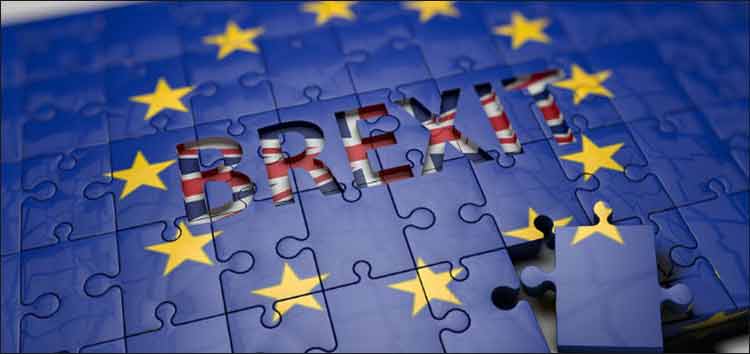
With the UK Prime Minister, Theresa May, officially sending the letter for exiting the EU to the European Union, the process of UK seceding from the European Union has officially begun. The BREXIT vote went through in June 2016 and the actually process of UK exiting the EU has started exactly 9 months later. From this point, the UK will have a full 2 years to make alternate arrangements. These include signing individual trade agreements with the various EU nations, outside the purview of the EU framework. For UK, the EU region continues to be its biggest trading partner and therefore it will be keen to ensure that the special status that UK enjoyed as member of the EU continues partially if not fully. Here are the next steps and the key decisions involved in the BREXIT process…
Enacting the Great Repeal Bill…
The Great Repeal will be introduced a day after Theresa May formally sends notice of exit from the EU on 29th March. This will invoke Article 50 of the EU Constitution officially triggering talks to leave the European Union. The Great Repeal Bill will virtually repeal the European Communities Act of 1972 which ends the supremacy of European Laws and transfers all EU laws currently in force into the UK Statute books. This will literally ensure that UK officially leaves the jurisdiction of the European Court of Justice. This Bill comes into force on the day UK will officially exit the EU. The actual secession will take a period of 2 years and should commence anytime around March 2019.
What happens to UK trade and UK Financial Services?
For UK, the bigger question is what happens to trade after the UK exits the EU. Currently, as a member of the EU, UK gets preferential access in its trade with EU member nations that are not available to other countries outside the EU. With the UK seceding from the EU, these benefits will officially cease to exist from March 2019. This will be a major hassle for the UK as EU continues to be its largest trading partner and its dependence on the EU for its exports is much greater than the EU’s dependence on the UK. Over the next 2 years Theresa May will have to work out separate trade agreements with the EU member nations. However, the EU has already emphasized that EU-like trade concessions are unlikely as it would undermine the status of the EU and will be unfair to the other members of the EU.
There is also the question mark over London’s continued status as the financial hub of Europe. Currently, large global companies use London as their gateway to Europe. With its sophisticated markets, quality of manpower and a sound legal system; London has been the preferred choice for large companies. That may be changing. Major US based investment banks are already planning to shift to other European centres like Frankfurt, Paris or Dublin as London will no longer have the same level of access to the EU market. However, experts are of the view that such a shift out of London could take years as it will be impossible for markets of Frankfurt, Paris and Dublin to come anywhere close to replicating the success of London as a financial nerve centre.
Key areas of negotiations under Article 50…
There are five key issues that will be negotiated under Article 50 over the next 2 years before the UK officially secedes from the EU. Following are the key issues that will be under negotiation between the UK and the EU…
The next key date for the UK could be October 2018 by which time the first draft of the BREXIT deal is likely to be ready for approval by British Parliament and by the EU member nations. That is likely to make BREXIT final and irrevocable.
Enjoy Zero Brokerage on Equity Delivery
Join our 2 Cr+ happy customers
Enjoy Zero Brokerage on
Equity Delivery